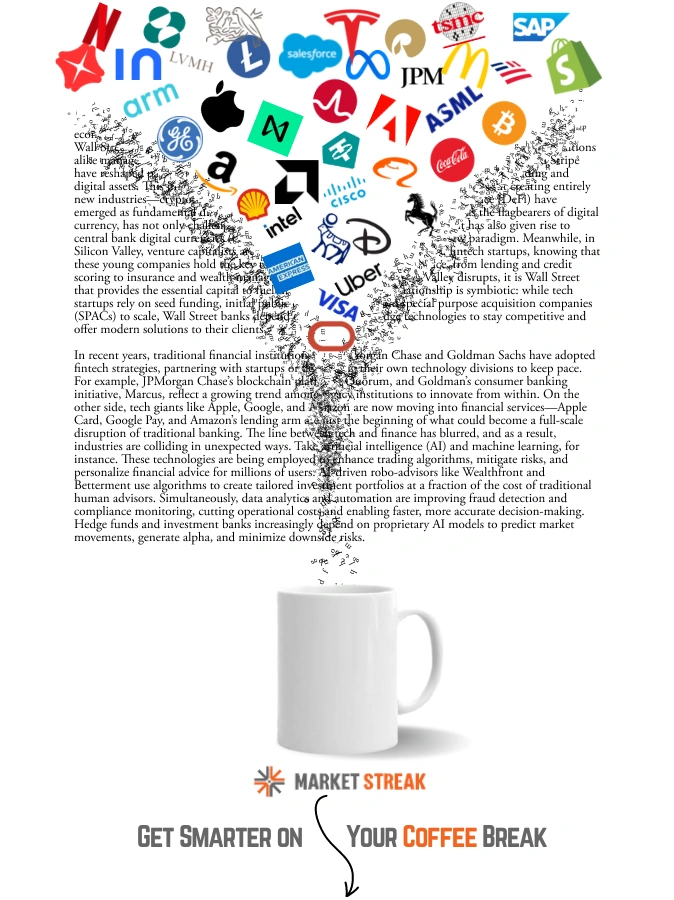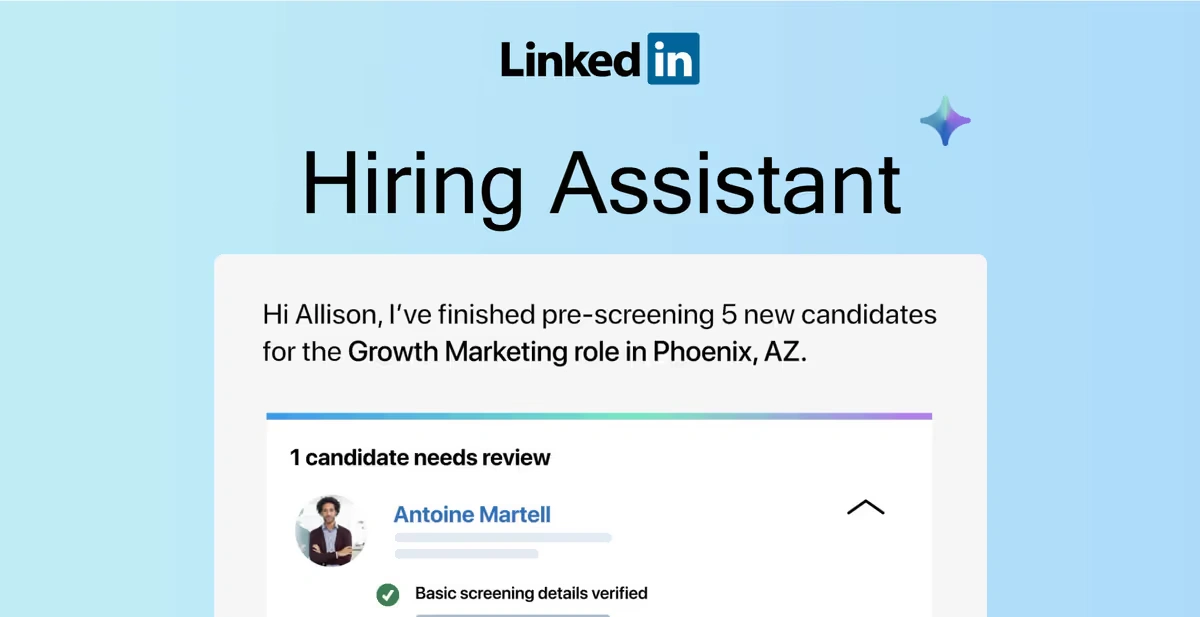AI
Export Rules
US Technology Market
Global Trade

AI
Export Rules
US Technology Market
Global Trade
The United States government has significantly altered the landscape of the global artificial intelligence (AI) market with new restrictions on the export of American-developed AI technologies. This move, announced in a National Security Memorandum (NSM) on October 24th, aims to safeguard American AI advancements while fostering responsible development and deployment. The implications are far-reaching, impacting major tech companies, international collaborations, and the future direction of AI innovation.
The National Security Memorandum: A Turning Point
President Biden's NSM on artificial intelligence represents a decisive shift in the government's approach to AI. It establishes three primary goals:
National Security and Democratic Values: The NSM emphasizes leveraging AI's potential to enhance national security while safeguarding democratic principles. This nuanced approach acknowledges the dual-use nature of AI, recognizing its potential for both good and harm.
International Collaboration and Governance: The directive promotes international collaboration on AI governance, building on previous agreements such as the G7 code of conduct and collaborations with over 50 nations concerning military AI applications. This signifies a global effort towards establishing responsible norms and standards for AI development and deployment.
The Impact on American Tech Companies
The NSM's most immediate consequence is the introduction of stricter export controls on advanced AI technologies. This means that American companies, including prominent players like OpenAI and Microsoft, will require government approval before sharing cutting-edge AI developments with international partners or selling their products to foreign customers. This process is expected to be particularly stringent for nations not considered allies of the United States.
Industry experts estimate that this shift could drastically affect billions of dollars in international AI revenue. Companies may be forced to adapt by developing separate versions of their AI technologies – one tailored for the domestic market and another for international use – or by limiting the capabilities of their AI systems exported abroad. This added complexity and potential loss of revenue will undoubtedly present significant challenges for these businesses.
Experts Weigh In on the Implications
Kristof Horompoly, vice president of AI risk management at ValidMind, notes the growing concern over AI's national security implications. He suggests that countries, including the US, will increasingly prioritize keeping AI development within their borders, attracting top talent, and restricting the export of advanced AI technologies. Horompoly even foresees a future where AI is treated similarly to weapons, given its potential for misuse in disinformation campaigns, deepfakes, and organizational infiltration.
Anthony Miyazaki, a professor of marketing at Florida International University, offers a more balanced perspective. He acknowledges the potential limitations imposed on American AI companies but also points to opportunities created by the NSM. This includes increased government contracts, funding initiatives, and the development of an AI testing industry to assess potential national security risks. Furthermore, Miyazaki highlights the potential for improved recruitment of international AI talent due to specific provisions within the memorandum addressing immigration policies.
The Challenge of Balancing Innovation and Security
The NSM's most significant challenge lies in balancing the need to protect national security interests with the promotion of innovation. Miyazaki emphasizes a critical concern: the potential delay in innovation timelines due to the mandatory AI testing process. The extensive testing required before AI systems can be exported could significantly hinder the rapid iteration and improvement cycles typical of the open beta testing approach. This could potentially give developers in countries with less stringent regulations a competitive edge.
The mandatory testing procedures could disrupt the established, rapid feedback mechanisms that often accelerate AI development. The lengthy pauses in beta testing for government assessments could dramatically slow AI progress for American developers. This contrasts sharply with the potentially faster progress in countries with less restrictive regulatory environments.
A New Era of AI Governance
The US government's move to tighten control over AI exports signifies a new era of AI governance. The NSM's emphasis on international cooperation reflects a growing global awareness of the potential risks and benefits of AI. As AI technologies continue to advance rapidly, the need for responsible development and deployment will become even more crucial. The NSM's impact will extend far beyond the immediate financial implications for American tech companies; it marks a significant step towards establishing a global framework for managing the powerful transformative force of artificial intelligence. The long-term consequences remain to be seen, but the changes introduced by the NSM will undoubtedly shape the future of AI innovation and its global impact for years to come.
The creation of the AI Safety Institute as the primary government contact point for the industry also signifies a change. This centralized point of contact should streamline communications and ensure that government agencies and the private sector are working in tandem to facilitate the testing and export approval process, but the effectiveness of this remains to be observed.
The restrictions imposed by the NSM on AI exports are undeniably complex and will require considerable adaptation from American AI companies. Navigating these new regulations while maintaining competitiveness in the global market will be a critical challenge. The success of this initiative will depend not only on effective implementation but also on the ability of the government and industry to collaborate effectively in promoting both national security and responsible technological advancement. The coming years will offer valuable insights into the long-term consequences of this significant policy shift.
SHARE



news
30th October 2024


news
30th October 2024

news
30th October 2024

news
30th October 2024


news
30th October 2024

news
30th October 2024

news
30th October 2024